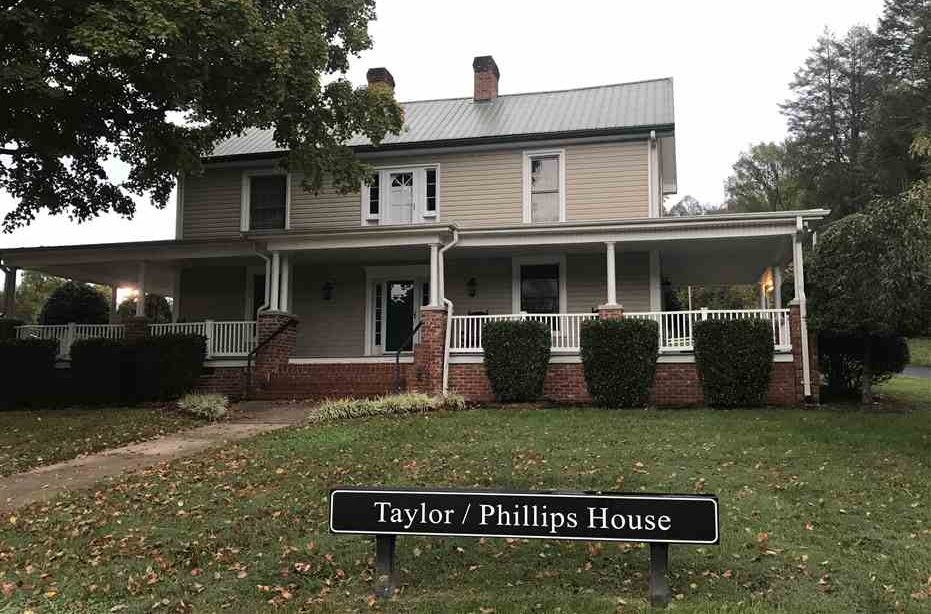Suicide is the 10th-leading cause of death in the United States. On average, 132 people commit suicide every day, according to the voluntary organization AFSP, American Foundation for Suicide Prevention.
In 2018, the National Institute of Mental Health (NIMH) revealed new statistics showing suicide to be the second most common cause of death among college students in the U.S. with more than 8% of deaths caused by suicide. As many as 11% of Americans between the age of 18 and 25 had thoughts of suicide, according to the statistical figures developed in the report by NIMH.
During September, universities all over the country try to increase the awareness of these numbers and suicidal symptoms among their students.
A big issue highlighted by SafeColleges during their Suicide Awareness campaign is that 80-90% of college students who die by suicide did not receive help from college counseling centers.
On September 7, Milligan University’s Counseling Center sent an email to all students with an informative video explaining how they operate to encourage students to value their mental health.
The Counseling Center is located in the Taylor/Phillips House on campus and is free for all students. That way, issues like transportation and money won’t be an obstacle that may hinder someone from seeking help. The center operates Monday through Thursday and students can make appointments through call or email. This information can be found here.
In addition to the video, the resident assistants (RA) in the dorms received Suicidal Ideation training during the week of RA training that was led by the counseling center. In regards to the Suicide Prevention Awareness Month, they also attached information posters with symptoms indicating self-harm or mental health issues to the bulletin boards in their halls.

The resident director of Hart Hall, Brealle Davis, also decided to display an interactive poster in the main lobby offering affirming sticky notes to students and giving them an opportunity to write an encouraging note back to stick to the board. Additionally, Davis put up a large sign in the entrance saying, “In case no one told you today… Hello, good morning, you belong here, you’re doing great, I believe in you.”
“I believe showing others that they are seen, loved, and have someone in their corner supporting them,” Davis said. “Even in such a small passive way, it can be an encouragement to others in times when they may desperately need it.”
In addition to the posters in the halls, the Student Government Association posted informative stories on their Instagram page about how to have a conversation with someone about mental health.
Headline photo: The Taylor/Phillips House at Milligan University. The counseling center operates on the second floor.

